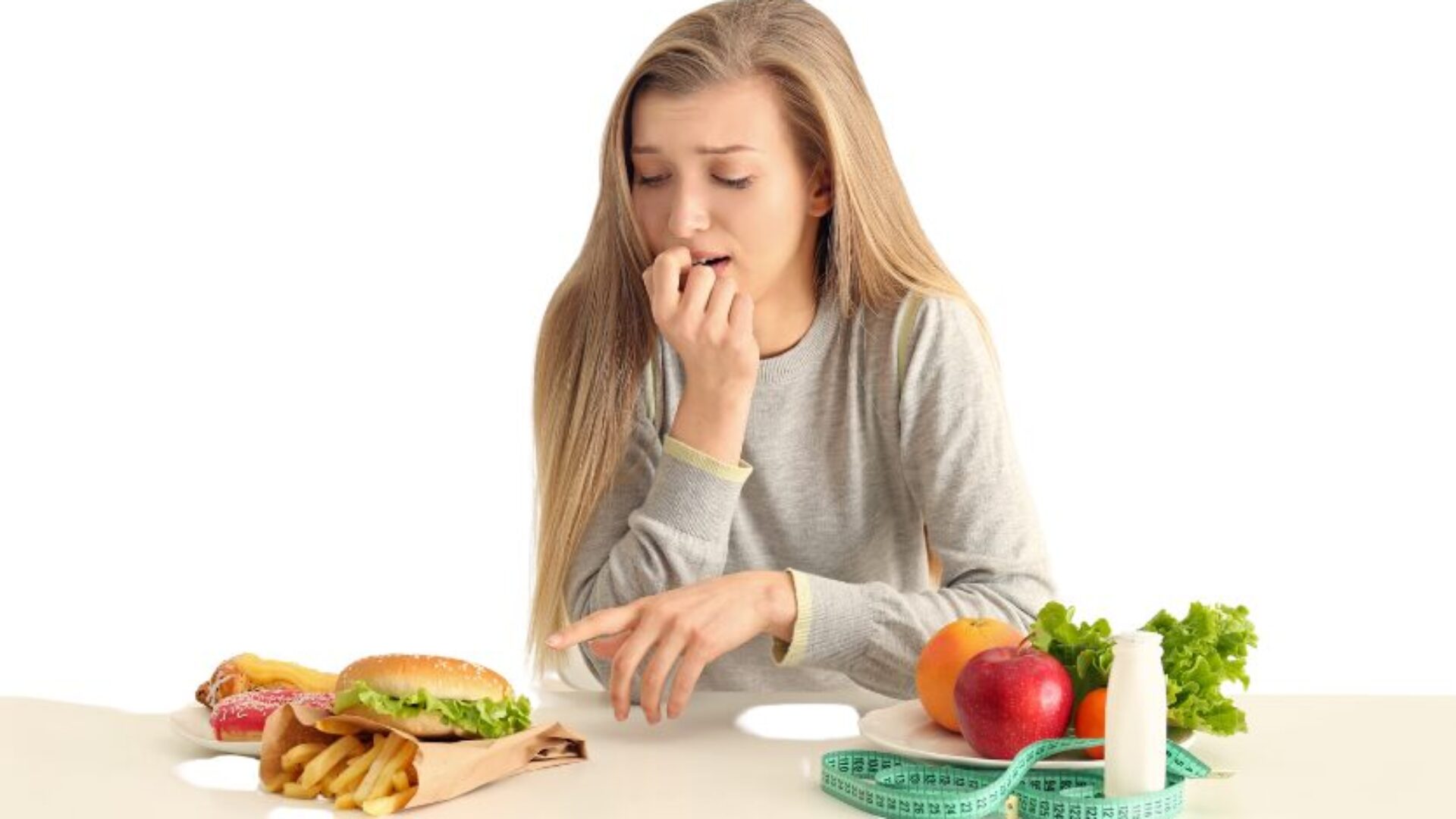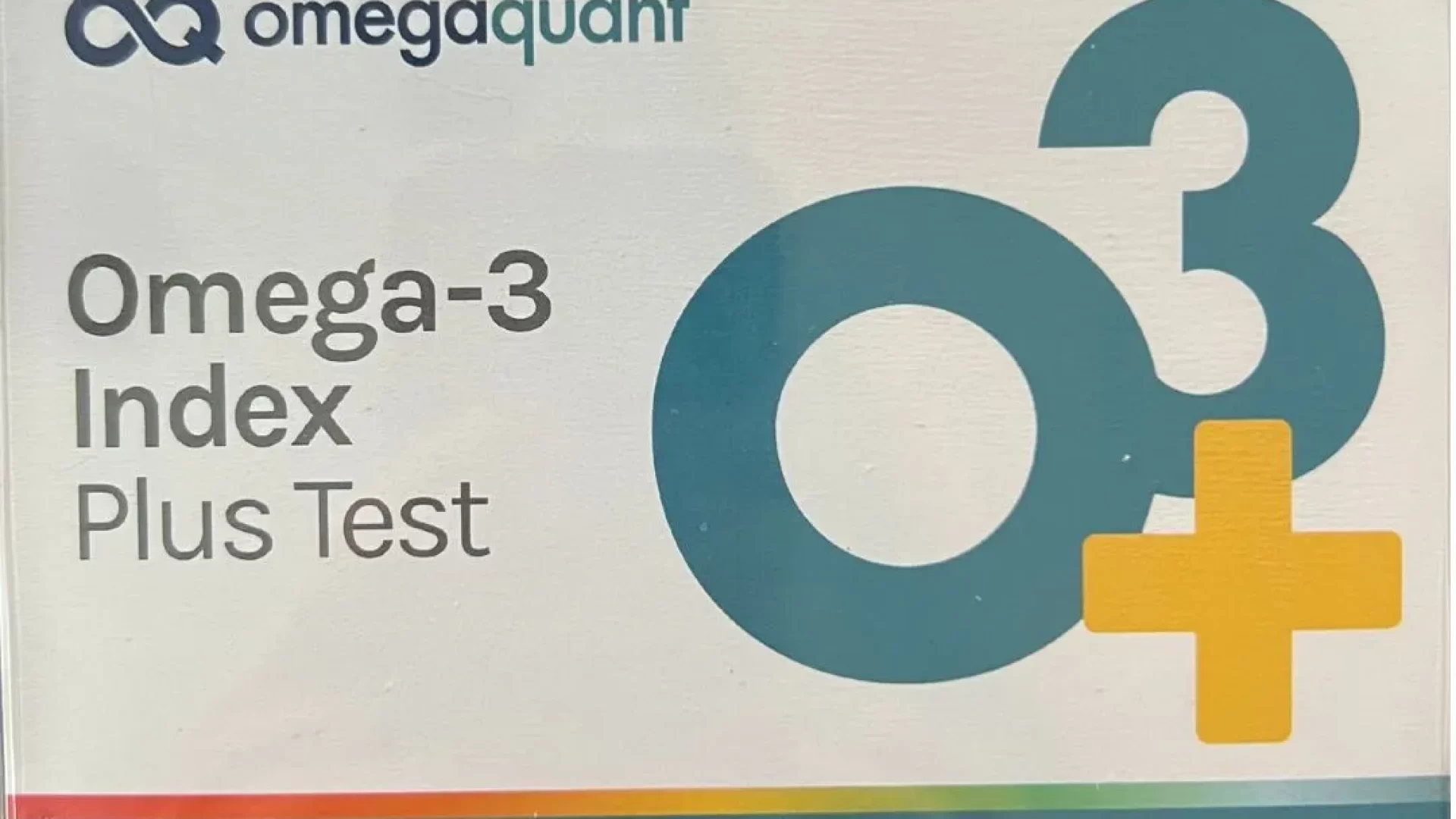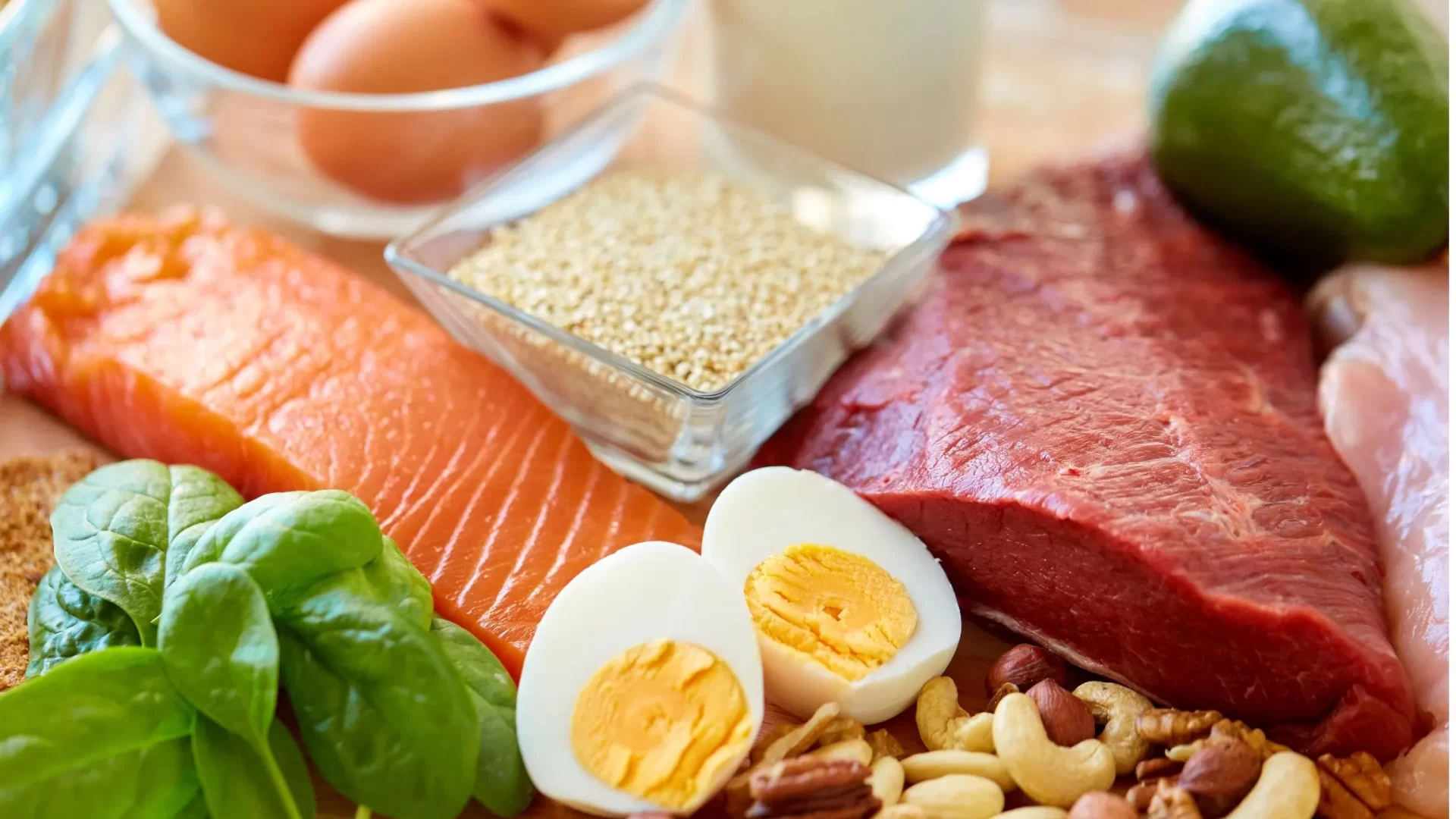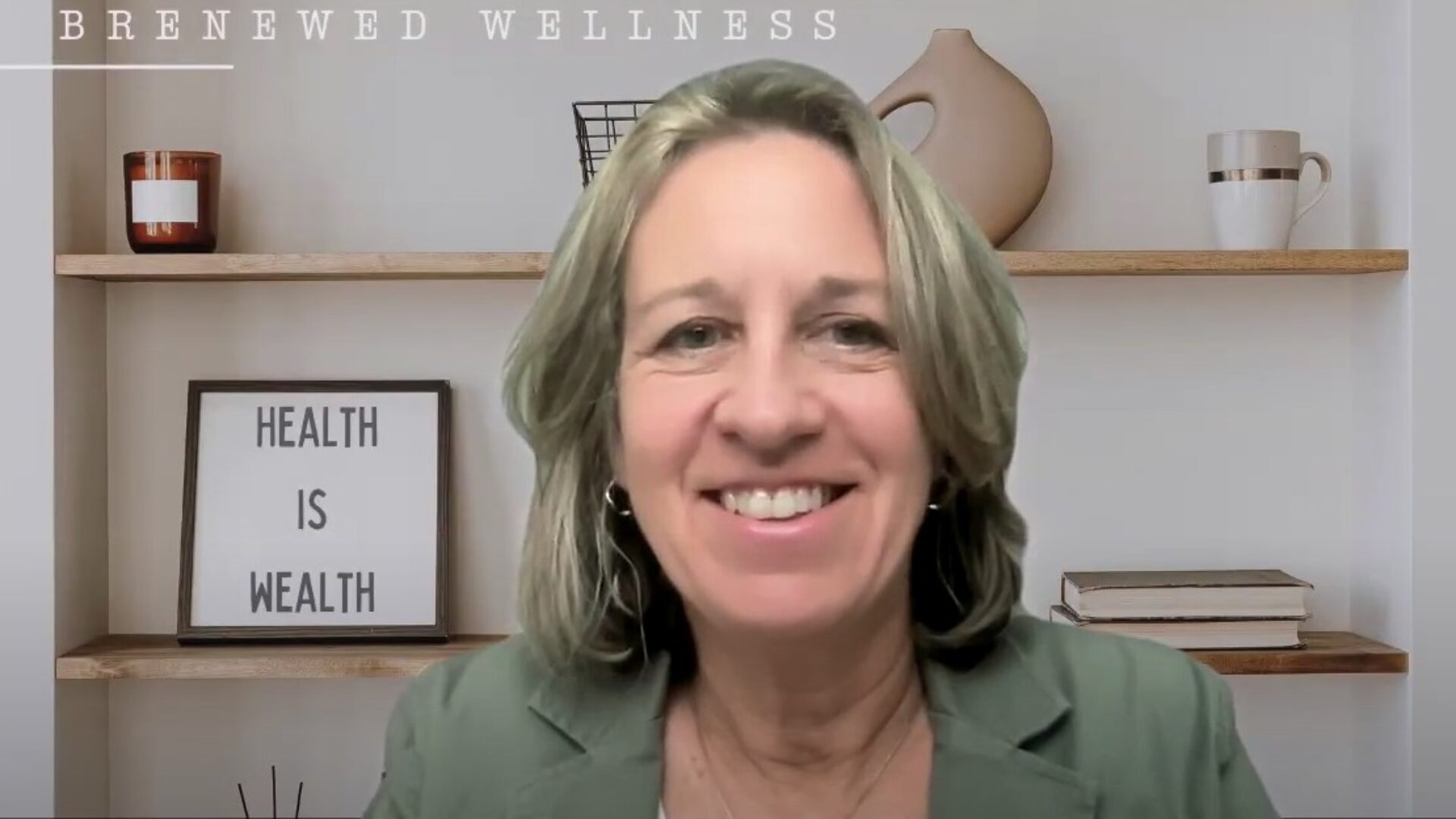Weight-Loss Tips for Women Over 40
Weight Loss Tips for Women Over 40: Simple Habits That Actually Work Losing weight can feel frustrating—especially after 40. That’s why I put together these weight loss tips for women over 40 to help you lose weight naturally and feel like yourself again. You don’t need a perfect plan—just the right habits done consistently. Eat Clean Whole Food One of the most important things you can do is to eat a healthy diet. Fill your plate with lots of fruits, vegetables, lean meats, and whole, gluten-free grains (if you tolerate them). These foods give you the nutrients you need without too many calories. Try to include a variety…






